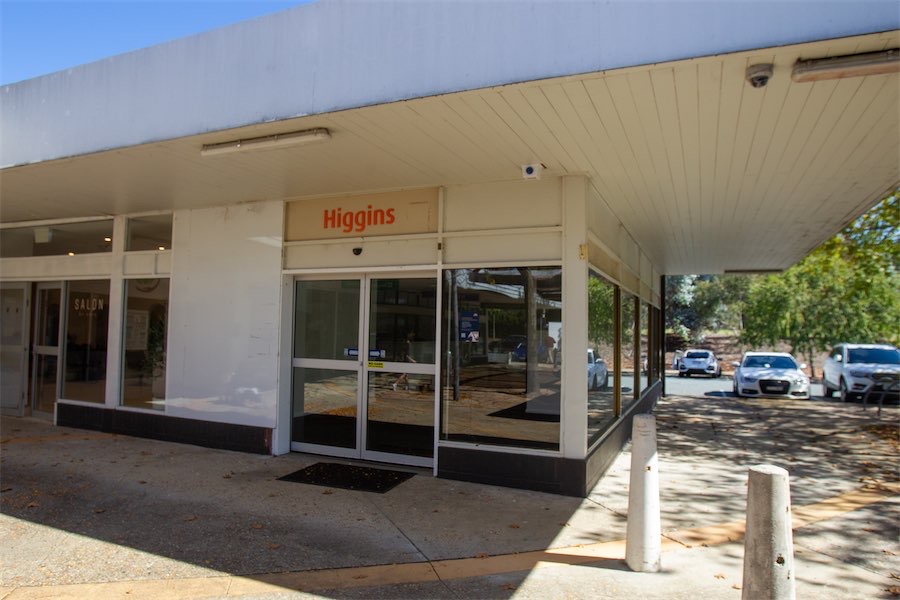THE ACT Auditor-General Maxine Cooper has announced the Performance Audit Program 2015-16 and Potential Audits to Commence over 2016-17 to 2017-18.
“The Audit Office has developed the Program having regard to the Office’s mandate, its strategic plan, and interests of its primary stakeholders: the Legislative Assembly and the ACT community,” Maxine said.
The Audit Office has developed a three-year program of audits to provide a longer term perspective on the strategic direction of performance audits in the Audit Office.
Maxine said that the Program is cognisant of the fiscal challenges faced by the Territory.
“The program includes a series of audits over a three-year period that recognises risks to the Territory budget, including the buy-back and remediation of Mr Fluffy homes and the implementation of the Light Rail project”
In addition to these audits, the Program includes:
- a series of audits over a three-year period relating to the management and maintenance of Territory assets, including audits focused on public housing assets; municipal infrastructure assets; school-based infrastructure assets and the asset acceptance process for privately constructed public infrastructure assets; and
- a series of audits over a three-year period relating to ACT Government agencies’ management and administration of key business processes.
The following audits are currently underway:
- Public Transport Planning and Management: the Frequent Network. This audit is considering the effectiveness of planning, governance and implementation arrangements for the Frequent Network.
- Calvary Public Hospital’s Performance and Financial Reporting. This audit is examining the effectiveness of the contractual arrangement between the operators of Calvary Public Hospital and the ACT and the adequacy of actions taken by Little Company of Mary Health Care and Calvary Health Care to identify and correct work practices that resulted in the provision of incorrect financial information to the Health Directorate in 2013-14.
The following audits are proposed to commence in 2015-16:
- Initiation of the Light Rail Project. The Audit Office plans to conduct a program of audits over the course of the development and implementation of the project, to identify opportunities for improvement in a timely manner. A first audit could focus on the initiation of the project including the project’s management framework and practice, including spending to date; project planning and scoping processes undertaken; and development and implementation of processes to approach the market.
- Maintenance of Public Housing. This audit could examine Housing ACT’s management and administration of the agreement with Spotless Facility Services for the maintenance of public housing stock, as well as other community facilities, and Spotless Facility Services’ delivery ofservices.
- ACT Policing Agreement. This audit could consider the effectiveness of the ACT Government’s management of the Policing Agreement with the Australian Federal Police. This could include consideration of the management and monitoring of the services delivered through the Policing Agreement and payments for services.
- Management of Credit Cards. This audit could consider whether ACT Government directorates and agencies are effectively using credit cards and electronic funds transfers for official purposes.
- Funding the Buy-back of Loose Fill Asbestos Contaminated Houses (‘Mr Fluffy’ Houses). The Audit Office plans to conduct a program of audits over the course of the Program to provide coverage of the development and implementation of the buy-back program. A first audit could examine the effectiveness and efficiency of the funding arrangements for the buy-back program, structuring of the Australian Government loan and plans to repay it, and the progress of the buy-back to date.
- ICT Strategic Planning. This audit could assess the effectiveness of the ACT Government’s ICT strategic planning processes with a focus on risks (for example, ageing legacy systems) and on opportunities (for example, cloud-based services).
- Administration of The Chronic Care Program. The Chronic Care Program supports people with chronic medical conditions including chronic obstructive pulmonary disease, chronic heart failure and Parkinson’s disease. This audit could examine the administration of the Chronic Care Program to determine the extent to which the program supports improved patient care and health outcomes and reduces load on acute care services.
- Management of Arts, Cultural and Heritage Facilities. The management of different arts, cultural and heritage facilities is undertaken by several ACT Government entities and agencies using a variety of operating models. This audit could examine the efficiency and effectiveness of these operating models, including the extent to which they give effect to relevant ACT Government policies; facilitate arts, heritage and cultural activities; and support the viability of organisations that use the facilities.
- Implementation of the National Disability Insurance Scheme. The National Disability Insurance Scheme (NDIS) represents a new way of administering funding support to people with a disability. The ACT has committed to a phased launch of the NDIS from 1 July 2014 and intends to be the first jurisdiction in Australia to accept all eligible residents into the scheme by 1 July 2016. This audit could examine the ACT Government’s activities in preparing for the full implementation of the NDIS.
- Vocational Education and Training and Apprenticeships. This audit could consider strategic planning for vocational education and training in the ACT and its region; the efficiency and effectiveness of the allocation of funds to public and private training providers; support arrangements for students and employers; and compliance aspects, as well as the evaluation of outcomes sought from support for vocational education and training.
[Photo of Maxine Cooper by Silas Brown]
Who can be trusted?
In a world of spin and confusion, there’s never been a more important time to support independent journalism in Canberra.
If you trust our work online and want to enforce the power of independent voices, I invite you to make a small contribution.
Every dollar of support is invested back into our journalism to help keep citynews.com.au strong and free.
Thank you,
Ian Meikle, editor





Leave a Reply